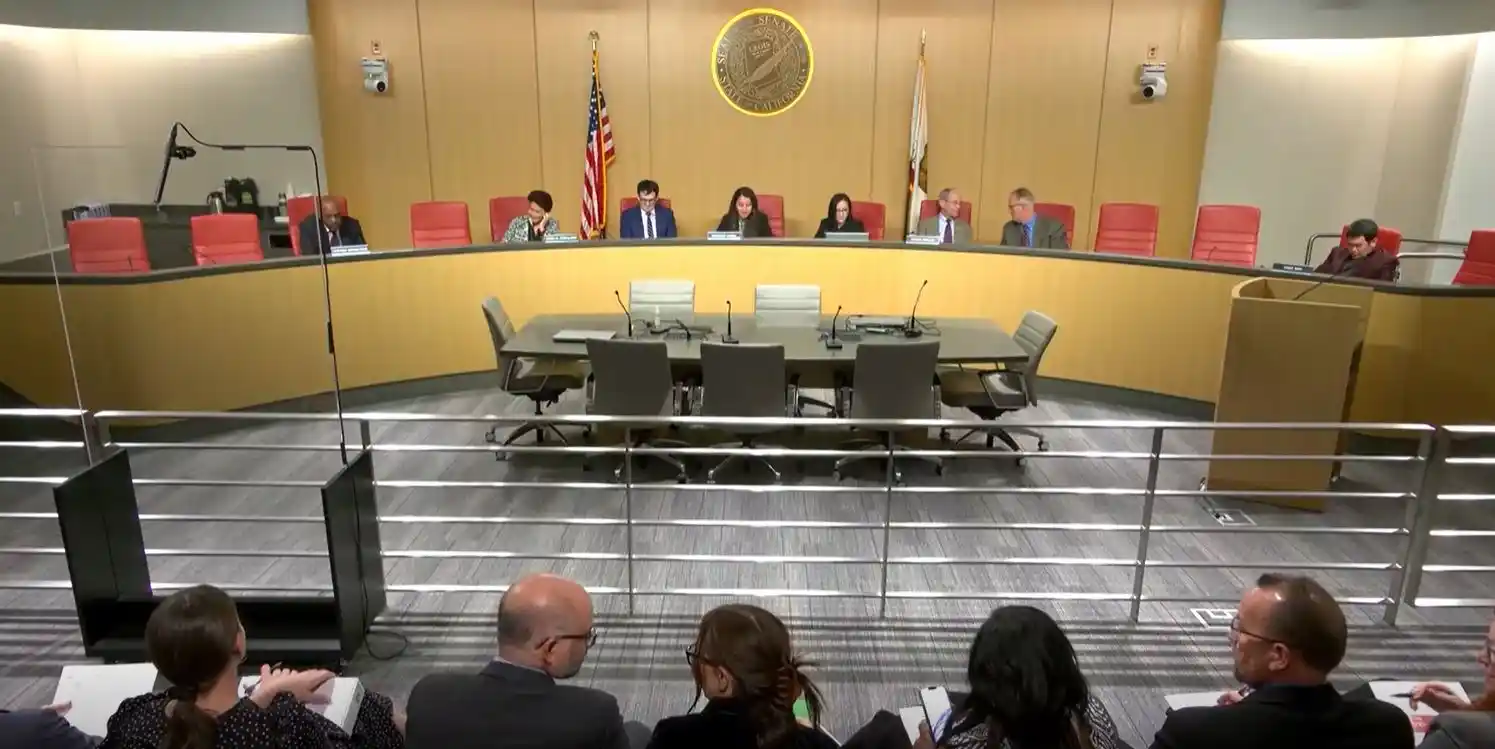California takes another big step toward the realization of its ambitious regulatory vision for cryptocurrency business in the state.
If you’re running a crypto business in the state, here’s what you need to know and do.
California seems pretty serious about its cryptocurrency regulatory framework, with the state once again making big moves to roll out a welcome mat for cryptocurrency businesses.
Governor Gavin Newsom recently signed an executive order designed to “spur responsible web3 innovation, grow jobs, and protect consumers.” The press release announcing the executive order also brags that California is the leading state in the nation for creating a realistic and sensible regulatory framework for blockchain businesses to thrive.
Sounds good, but, too good to be true?
Let’s take a closer look at the executive order and what it means first. After, we’ll give business owners our opinion on what they need to be doing if they currently (or plan to) operate in California.
California’s blockchain executive order, explained
The stated goal of the executive order is straightforward: allow emerging technology sectors to grow and innovate, while also protecting consumers with a transparent and straightforward regulatory framework.
The release notes an interest in leveraging blockchain tech for public use, particularly state institutions, research, and work development. The recently-rebranded Department of Financial Protection and Innovation (DFPI) will work with stakeholders both in the crypto space as well as the fed on regulations (and will coordinate with the White House specifically regarding President Biden’s recent crypto executive order).
Above all, Newsom seems to want California to continue to be recognized as a world leader in technological development, and sees Web3/blockchain/crypto as an important emerging technology (the release notes crypto’s $3 trillion market cap as of last November).
In fact, he very explicitly wants to get ahead of the emerging trend now:
“Too often government lags behind technological advancements,” the governor is quoted as saying. “so we’re getting ahead of the curve on this, laying the foundation to allow for consumers and business to thrive.”
To achieve these goals, the order lays out seven priorities (briefly summarized below):
- Create a transparent and consistent business environment for crypto-related businesses
- Gather stakeholder feedback to inform the regulatory framework
- Talk with technical experts to figure out more blockchain applications
- Become the “premiere” global location where crypto companies innovate and grow
- Work with the fed on the recent crypto EO
- Figure out how blockchain can serve the public good
- Encourage job creation and new research projects
The executive order can be read in its entirety here.
But will it be good for business?
California’s new crypto order in context
Crypto regulations vary widely by state, and the picture is changing all the time.
While many states have moved away from “no action” or “no opinion” determinations on crypto and are beginning to require certain licensure, few states have crypto-specific regulatory frameworks. Most famous (or infamous) is the New York “Bitlicense,” which has been critiqued by many in the crypto sector for being too onerous in its requirements, and the approval process for being too tedious.
Since 2020, California has taken an open interest in the cryptocurrency sector, re-launching its Department of Business Operations (DBO) as the above-mentioned DFPI, increasing its funding substantially, and explicitly charging the department with exploring emerging technologies, including cryptocurrency.
Though initial plans for the DFPI stumbled due to the COVID-19 pandemic, they were back on by the fall of 2020. At that time, this very blog noted the implications Newsom’s insistence on allocating funding for the DFPI would eventually have on cryptocurrency regulation in the state.
This new executive order shows that California is quite serious about its intention to become a crypto-friendly regulatory landscape, and one that takes a leadership role in crypto regulation for the rest of the country.
But will those intentions ultimately prove good or bad for cryptos operating in the state?
Regulating the environment to help nudge along growth of the crypto ecosystem is a tightrope balancing act.
Though California seems to acknowledge these challenges, it’s still a tricky needle to thread.
Regulations need to be permissive enough to encourage businesses to establish a home in California. If the state wants to lead the crypto sector, it needs to compete with Florida (particularly Miami). That state has successfully lured both talent and media its way by providing a much more hospitable environment for crypto to thrive in, as well as genuinely enthusiastic policymakers in state government.
On the other hand, the state’s main role in crypto regulation is going to be in consumer protection (already a major concern nationwide in the cryptocurrency sector). Newsom’s order calls for the DFPI to develop guidelines for disclosures by businesses (including state-chartered banks and credit unions) offering crypto-related financial products.
The DFPI promises to take a more involved approach to consumer protection, responding to consumer complaints, working closely with crypto companies to resolve those complaints, and taking enforcement action as needed.
While the department will provide best practices and materials to businesses to aid in consumer protection, California will need to be careful not to slip into overregulation of the crypto industry, which will push smaller companies out of the state and dissuade new startups from launching or competing for customers in the Golden State. Needless to say, this would pour cold water over Newsom’s ambitions for California to lead the growth of the crypto industry.
Some business models may ultimately be caught in the crosshairs, as well.
The executive order notes that blockchain development needs to adhere to the state’s priorities on environmental protection. This means that regulators may move against proof of work mining, whether rational or not. For miners seeking out renewable energy, which California prides itself on, this may inadvertently discourage them from setting up shop (despite the appeal of sunny year-round conditions for solar energy harvesting).
 Ultimately, how should crypto businesses operating or seeking to operate in California view this news?
Ultimately, how should crypto businesses operating or seeking to operate in California view this news?

